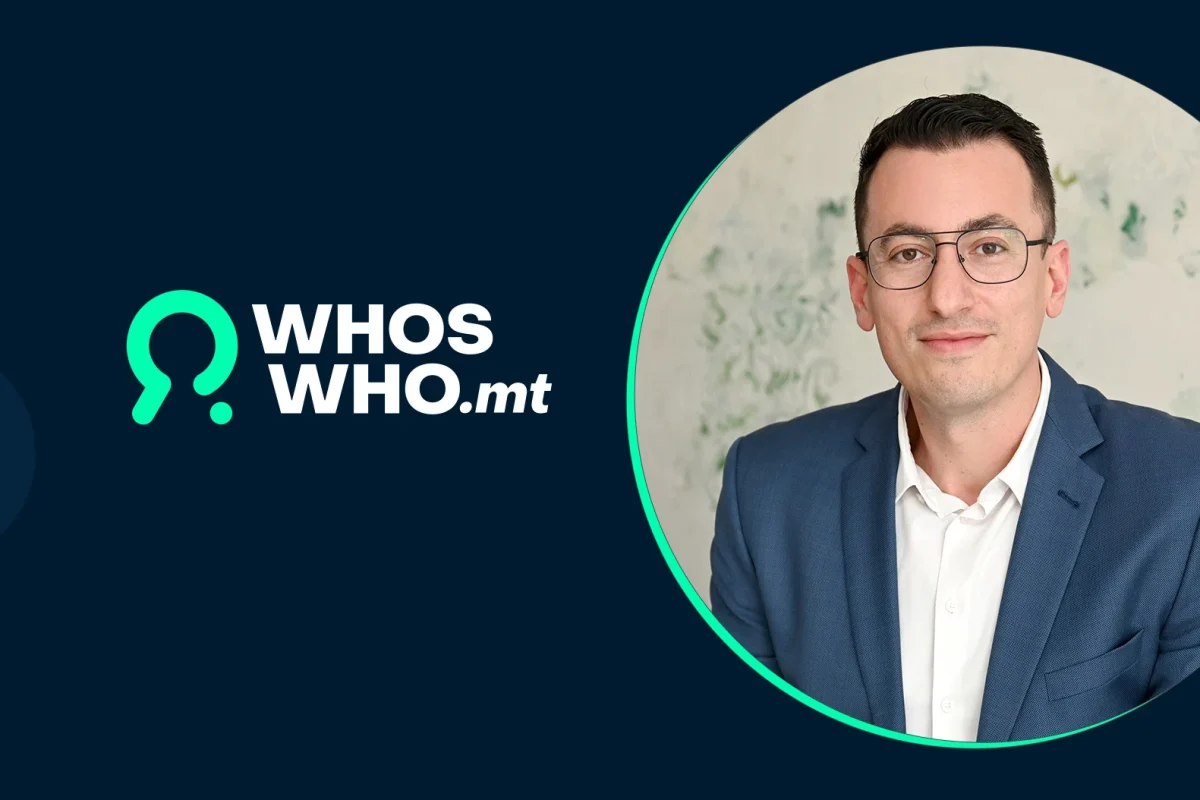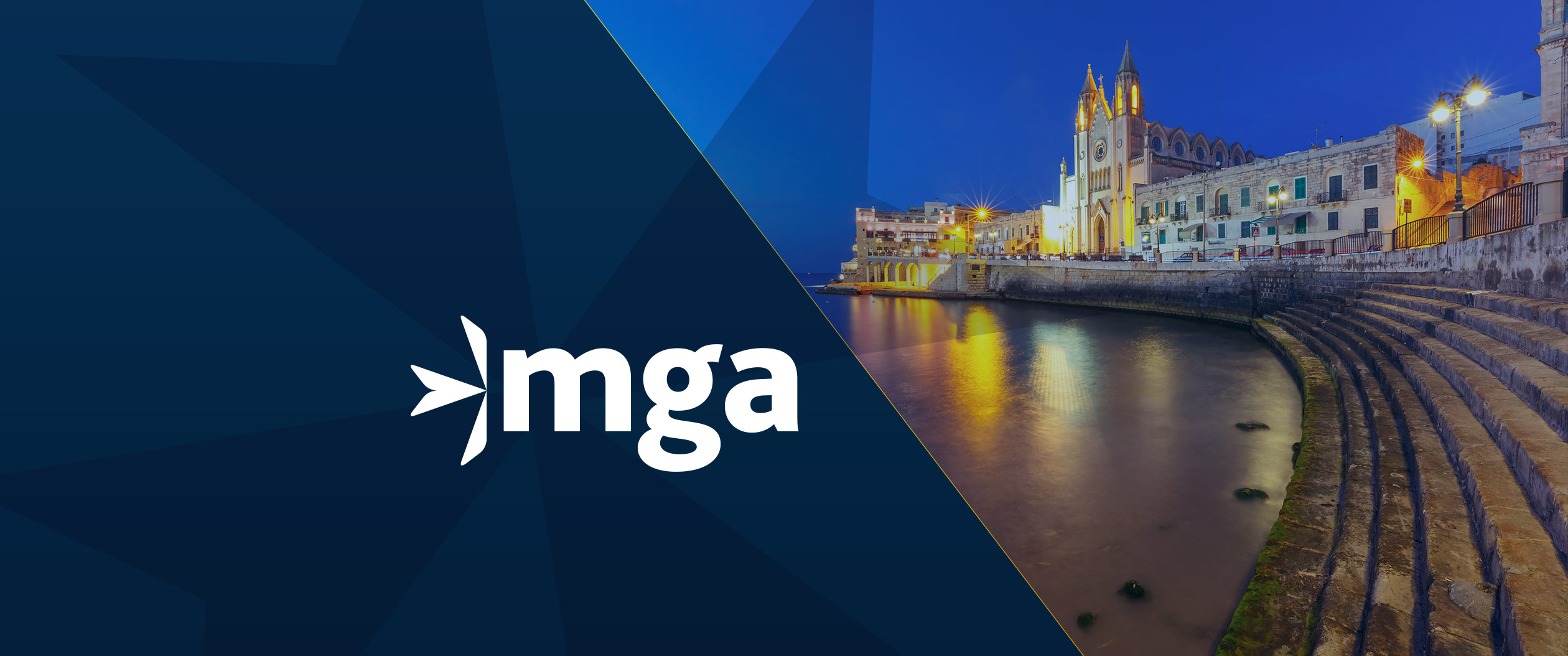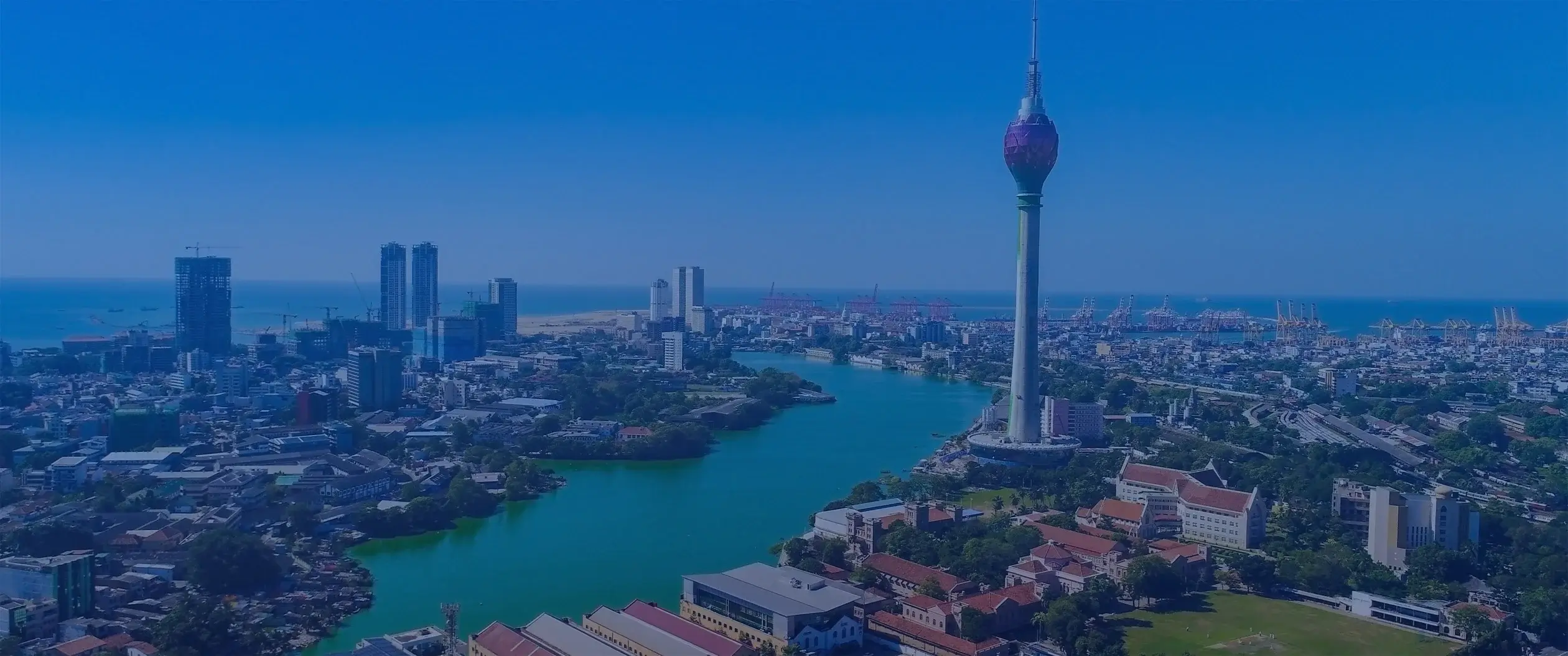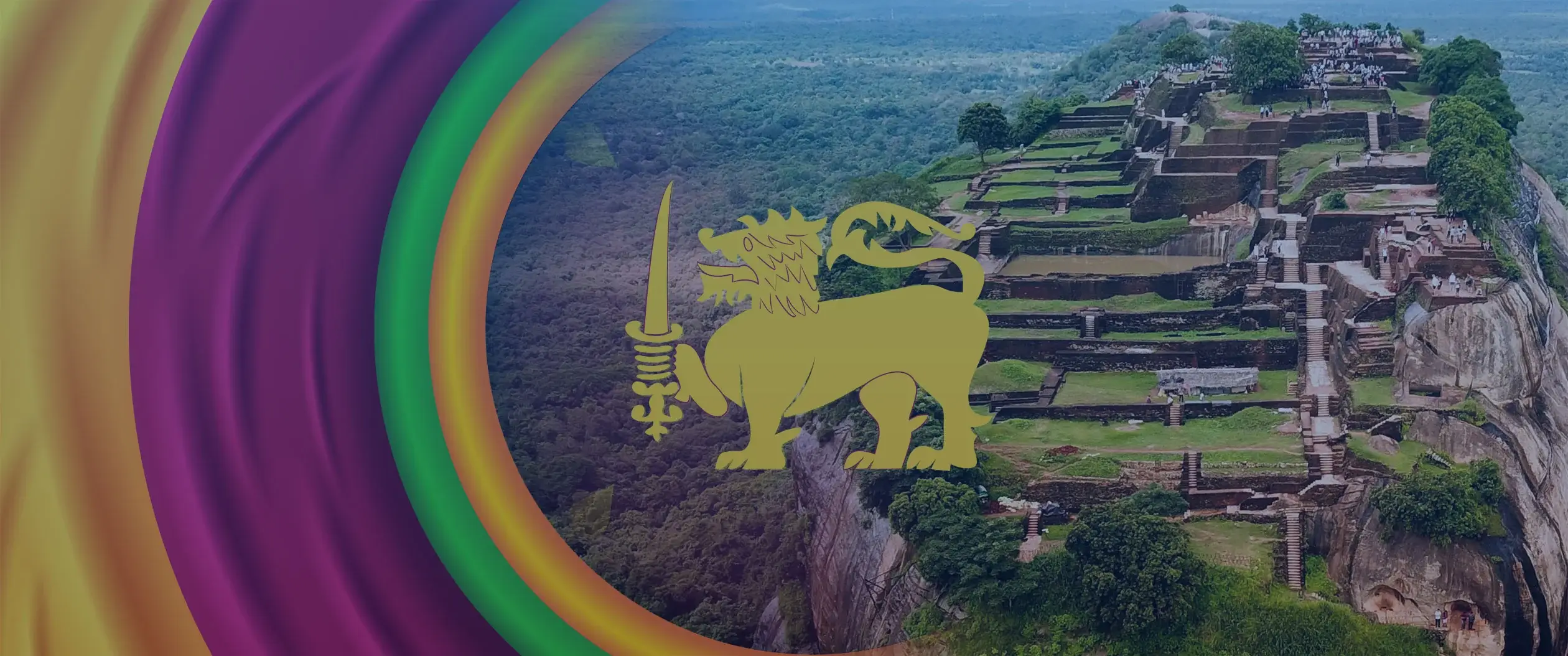IGA GROUP HAS UNVEILED ITS STRATEGIC EXPANSION INTO CURAÇAO
‘Recent gambling infrastructure changes have increased the value of the jurisdiction drastically,’ says IGA Group Director Mario Fiorini.
This is a time of seismic change for the jurisdiction, with the new legislation – the LOK – having entered Parliament and key milestones set in place for the transition from the current regime to the new.
Changes of this magnitude deserve reactions of the same magnitude to make the most of the opportunity, and IGA Group’s unwavering belief in the potential of the newly evolved jurisdiction is why the company has already established a presence in Curaçao. The Groups has in fact set up offices and is completing a merger with a local trust company in order to extend its services to current and future operators in the region.
The central tenet running through the very heart of the legislative changes is the elimination of the Master License / Sublicensee structure. From now on all operators will hold licences directly with the Gaming Control Board. Alongside the revitalised structure is an update to AML and KYC procedures to bring Curaçao licences in line with international standards.
With the value of the Curaçao licence significantly improved thanks to these developments, IGA Group is now at the forefront in terms of servicing clients directly, while ensuring they’re in line with the new regulations.
Mario Fiorini, CEO of the IGA Group explains: “We are very excited by the opportunities brought about by this expansion, which perfectly aligns with the new legislative requirements. The Curaçao government has conducted a whole overhaul of the legislative framework surrounding gambling licences, with improved AML and KYC processes making the jurisdiction even more attractive, and the licence even more valuable, than ever for gaming entrepreneurs and companies looking to operate within a well-regulated and reputable jurisdiction.”
As was to be expected, the changes also brought about a measure of concern from operators and entrepreneurs who were not sure how their operations would be affected. Is the concern justified?
“Early on in the process there were unfounded claims that the new regulations would kill the industry in Curaçao, but it’s become abundantly clear the opposite is true. The intention behind them is to restructure, and more importantly improve the landscape, to make it more aligned with what you would expect a gambling jurisdiction to look like. It’s also to bring it up to par with how the people and the government would be expected to benefit from what’s probably the biggest industry in the country. A Curaçao licence under the new jurisdiction is already more valuable,” Mario explains.
The new amendments address one of the most pressing issues, which was that there was no requirement to have an operational presence on the island. With the government’s aim being to build Curaçao into a centre of excellence, the goal is to be able to build skills and education for what is essentially a very hi-tech industry.
“The other aspect that required tackling was AML, or anti-money laundering measures. The previous legislation was not up to the standards required by global financial authorities. If we look at what was happening in practice, for the most part the standards were actually present already, but there was no legislation to back them up,” Mario continues.
When viewed from a holistic perspective, he adds, the new regulations make a lot of sense and are not a surprise to anybody. The changes, in fact, aren’t expected to have any material impact on the vast majority of existing operators who already fulfil what are now considered to be industry standards.
“We’re still getting many questions from operators who are already licensed in Curaçao, worried about what is going to happen to them. The answer is: simply to visit the current licensing portal and register as existing licence holders. Think of it as a census, for the government to be able to know which operations are actually active.”
Creating an account on the portal opens the door to the relationship with the regulator. In effect there are three separate functions – the first is for sub-licensees to register themselves and their domains. The second is making a gaming application (or applications) if required, and finally there is a ticketing-system within the portal that is the heartbeat of all two-way communications between the regulator and the operator for the duration of the licence. Nothing like this exists in the industry and it’s a show of the transparency and cooperation that the new regime will usher in.
In the run-up to the regulatory changes, one of the biggest worries most frequently mentioned by operators was that they’d now be required to immediately have a workforce physically present in Curaçao. How accurate is this? Turns out, Mario says, not accurate at all.
“The regulations are actually very simple. Applications need to be submitted by a company with a Curaçao registered address and one local director. That’s all, there are no other requirements in terms of personnel or anything at the outset. Most applicants already fulfil these conditions, but some others will need to set them up.”
Once applications are submitted, a provisional licence is issued within two months, following which you have six months to submit policies and procedures to receive a definitive licence.
“That’s the entirety of the process. There’s no need for physical offices, or to have three local employees. There have been a lot of rumours and misconceptions. So if we go back to the question of why this is being done and whether the government is trying to halt the industry, we see that the situation is actually the opposite. The infrastructure is being strengthened and brought up-to-date, and IGA Group looks forward to assisting clients who want to be part of this space. It’s important to note that, while the current requirements are streamlined, it’s anticipated that as the industry evolves, more substantive measures may be implemented in the future—possibly in 3 or 4 years. However, at this point, such additional requirements are not necessary.” Mario notes.
This hasn’t stopped rumours that some sub-licenses may be moving to other jurisdictions from getting a measure of traction. While some operators may, indeed, opt to do that, this would likely turn out to be a short-sighted decision.
“In reality the value of a Curaçao licence is going to increase exponentially. Moreover, this is all taking place in conjunction with other regulators, financial legislators and the like, so as to ensure that the jurisdiction remains highly attractive. Undoubtedly, there will be some operators who will choose to leave, but bona fide operators are unlikely to want to lose this licence,” Mario says, adding that operators choosing to walk away from a jurisdiction that is actually improving itself are also making a statement of sorts.
“If you already hold yourself to an accepted industry standard, chances are that the regulations won’t hold any surprises for you. The reputation of the jurisdiction was tainted by a few bad operators, but the vast majority already work to the standards mandated in the legislation. The new regulations have formalised these requirements, making sure no bad actors slip through the cracks,” he concludes. “Meantime, IGA Group looks forward to continuing servicing those clients who pride themselves on operating to industry standards.”
Ramona Depares for https://whoswho.mt







